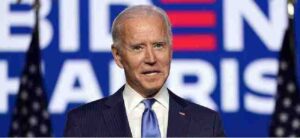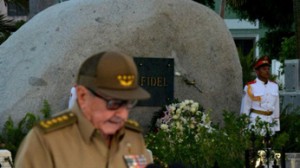Foreign ministers from world powers discussing a nuclear deal with Iran are gathering in Vienna in a bid to reach agreement before Monday’s deadline.Russian’s Sergey Lavrov is travelling to the Austrian capital, joining his counterparts from the US, UK, China, Germany, France, and Iran.The six nations want Iran to curb its nuclear programme in return for the lifting of United Nations sanctions.Iran says it is not seeking nuclear weapons, but wants atomic energy.It says its nuclear programme is solely designed to provide peaceful, civilian projects.Representatives of the so-called P5+1 group – Britain, China, France, Russia, the US plus Germany – are taking part in the negotiations with Iran.There have been few solid indications of progress so far, but Iranian sources told BBC Persian on Sunday that a “political agreement” could be reached before the deadline.That information came after an Iranian news agency quoted an unnamed member of the Iranian delegation as saying a full deal was “impossible” by Monday.The two sides are closer than they have been for years to resolving the row over Iran’s nuclear work, the BBC’s Bethany Bell in Vienna reports.However, significant differences remain over the scope of Iran’s uranium enrichment programme and the timing of sanctions relief.US Secretary of State John Kerry and Iranian Foreign Minister Mohammad Javad Zarif have held several rounds of talks in recent days in an attempt to break the deadlock.
Talks are expected to continue late on Sunday and into Monday, with Mr Kerry joining European allies for a working dinner following a meeting with the Saudi foreign minister.Saudi Arabia is not a party of the P5+1 talks, but is concerned about Iran’s influence in the region.Iranian sources told the BBC that Chinese Foreign Minister Wang Yi was also due to arrive in Vienna on Sunday.Rare protest
As the final rounds of talks got under way, the New York Times reported that a key US concern was to prevent Iran from producing a bomb at undetected nuclear locations – referred to as a “sneakout”.Meanwhile, in Tehran, officials approved a rare protest by hardliners who criticised government negotiators.The demonstrators accused President Hassan Rouhani of giving in to Western pressure.The P5+1 group and Iran agreed an interim deal, known as the Geneva Accord, last year.Under the agreement, Iran curbed some of its uranium enrichment in return for sanctions relief.However, the two sides failed to reach a lasting deal by July, as initially agreed, and extended the deadline until 24 November.Iran has been resisting efforts to scale back its nuclear programme for nearly a decade.-BBC




